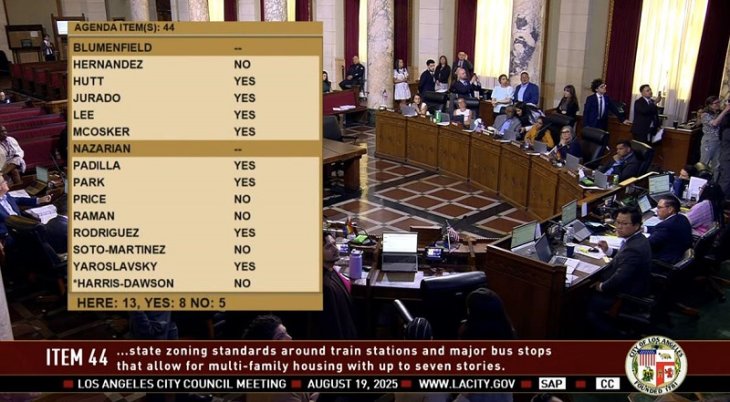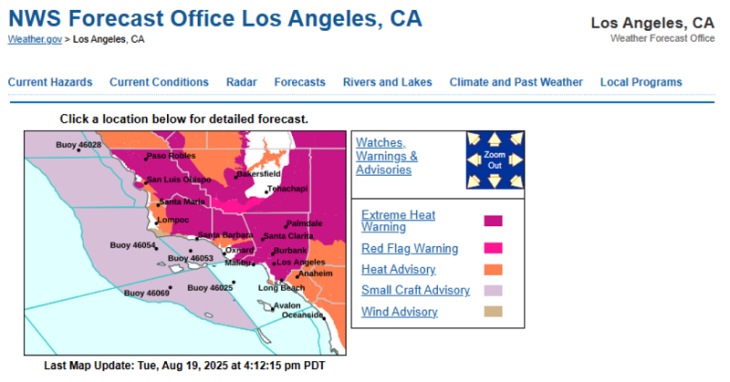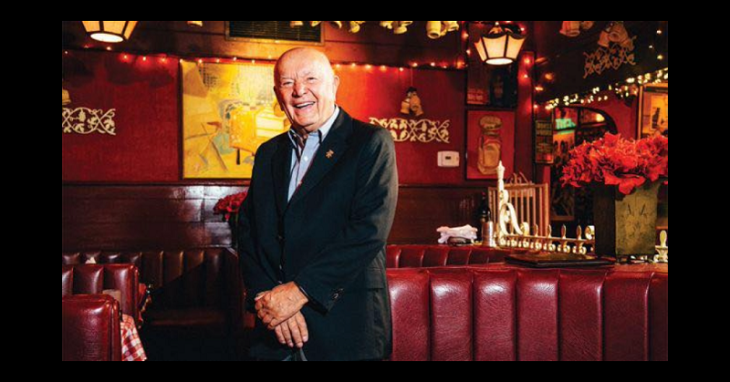By Matthew Verdun M.S.
When you and your significant other have arguments does it feel like the problems don’t get resolved, or you come out still feeling upset and not heard? What about disagreements that end up with one of you not texting, calling, or even looking for the other if they leave? This is a pattern called pursue/withdraw and is a frequent pattern in relationships with conflict. This becomes a problem that is so ingrained neither person knows how to stop it. This article will give you some tips that may help identify and stop that pattern.
The pursue/withdraw pattern is an attempt by each person to cope with negative feelings brought on by unmet attachment needs. The reaction is not only to something your partner did or said but to an underlying need being triggered. When you become triggered you react, which causes your partner to be triggered.
Some things you can do to stop your pursue/withdraw cycle.
When not fighting, think about arguments you have had and ask yourself what your significant other did or said that made you upset? Why did it make you upset? What were the emotions you felt? There is almost always more than one emotion. Is there some need that is not being met?
Thinking about that situation, how did you respond (what did you say or do)? What was the intent of your response? Were you trying to communicate a surface item, for example ‘you never take out the trash when I ask’? There are usually deeper needs underlying this communication, for example, ‘I’m afraid that you don’t care about me when you forget to do the things I ask.’ If you both reach for the deeper needs, you will be better able to express what you need from each other.
Slow down your arguments. Make agreements about how you will communicate in advance. When having a disagreement, keep statements to one point. Don’t interrupt each other. If one of you veers into several points have an agreement about how to inform the other person and stop it. Before you react to what is said, consider what emotional or attachment need is being triggered that is causing you to feel angry or hurt. These reduce the likelihood that one of you will feel overwhelmed and withdraw and prevent the other from needing to pursue.
Talk about your underlying need, hopefully identified through considering needs or when slowing the argument down. Remind yourself that you know causing you to hurt is not what they intend. At the same time, honor your feelings and let them know how you are feeling. Validate their feelings and find ways to soothe their negative emotions. This takes practice, and someone must be willing to make the first move, but it will be worth it.
If you find it difficult to begin the process you can also check out Dr. Sue Johnson’s book, Hold Me Tight. You may also want to seek out a therapist trained in Emotionally Focused Therapy.
If this does not sound like the right approach for your relationship, fear not! This column will provide regular updates with ideas to improve relationships, decrease stress and anxiety, and take better care of your mental health.
If you are in a violent relationship you can call the National Domestic Violence Hotline at (800) 799-7233 online at https://www.thehotline.org/, if you are in Los Angeles County you can contact the Los Angeles County Department of Public Social Services at (800) 978-3600 for shelters.
This article is intended for informational and educational purposes, please consult a professional regarding your specific situation.
Matthew Verdun M.S.
Matthewverdunmft.com
CA BBS License Number: LMFT 85437
(424) 254-0900























